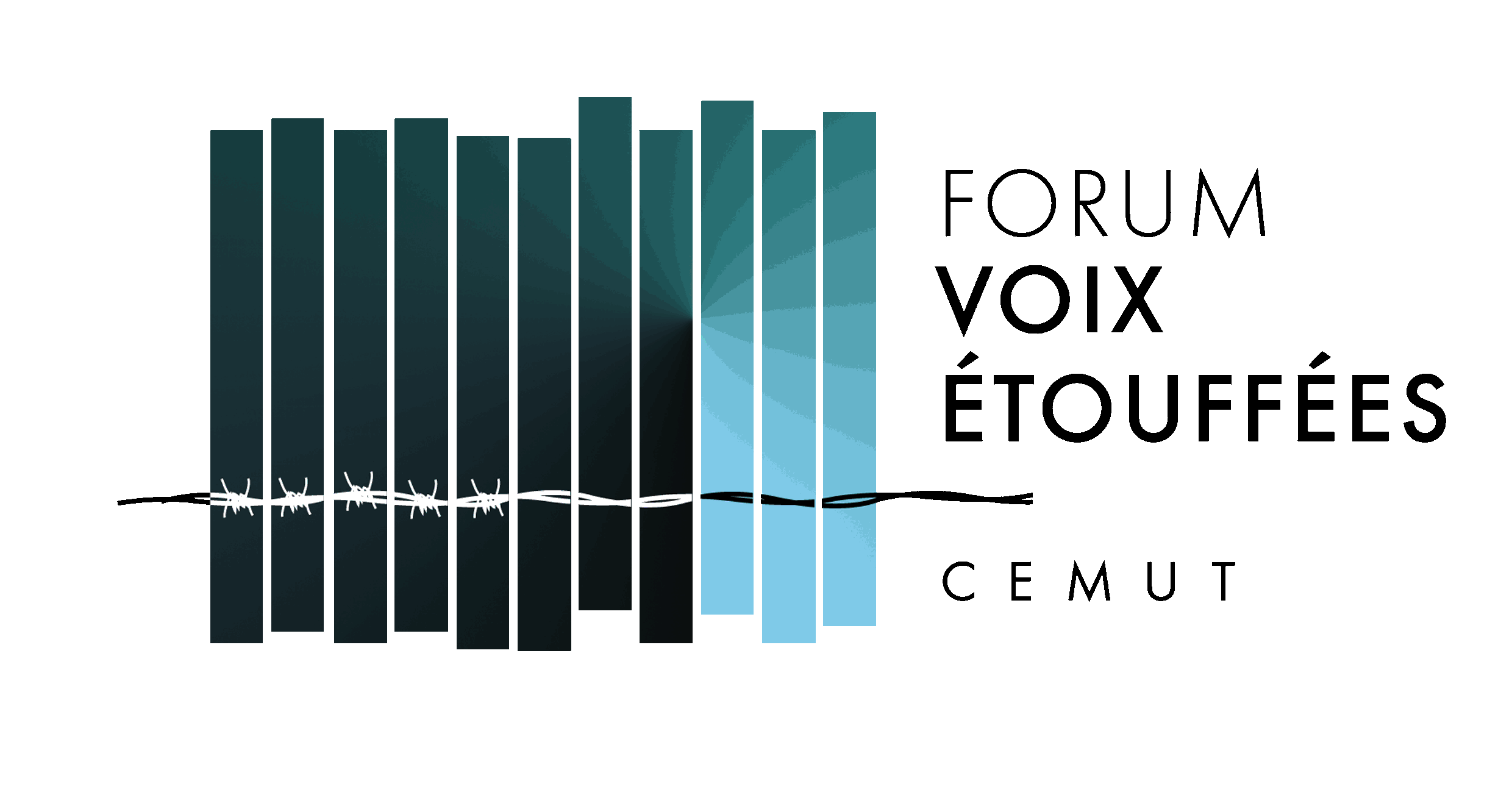2025/26 – MMVE
Global abstract
In these days of celebration of the Allied landings in Normandy, the men who sacrificed their lives for democracy, peace, human rights and freedom must be rolling over in their graves when they see the state of Europe going to the polls today. For those who believed in democracy, the rise of illiberal governments and populist parties across the continent - many of which have Nazi or fascist roots, sometimes claimed - is a bitter pill to swallow, given that democracy, which was thought to have been definitively established after the Liberation, is now weakened and threatened. For those who were naive enough to believe in eternal peace, the Russian aggression in Ukraine and the war that has been raging in that country ever since are a stinging rebuttal. For those who believed in respect for human rights and the place of the Jews after the Holocaust, the acceleration of the rise of unbridled anti-Semitism immediately after Israel's reaction to the pogrom of 7 October 2023, raises fears for the humanist cohesion of Western society. Forgetting who the original aggressor was, this hatred of the Jew is taking on devastating proportions that are dangerously challenging European values. The importation of the Israeli-Palestinian conflict into Europe is a catastrophe in this respect.
The D-Day celebrations serve one purpose: to keep alive in Europe's memories the terrible events that, from the Second World War to the concentration camps, from the Holocaust to the totalitarian regimes that persisted on the continent until 1990, led to the creation of the European Union. This remembrance is based not only on these feats of arms, but also on music, the music of composers who were victims of totalitarianism and whose memory has now almost entirely disappeared, and some of whom are closely linked to the concentration camps. This remembrance through music is not just about rediscovering cultural treasures that have been wiped out, it also has immense educational potential, because it tells a story - the story of the suffering experienced by the European continent under the totalitarian regimes that dominated it for almost a century and which are now reappearing on its borders. It is a formidable vehicle for transmitting this memory to new generations, and is essential in the fight against the undermining of European values that we are witnessing today.
Facing those threats on europeans values, the Forum Voix Etouffées aims to be an active force in their defense and promotion, with the idea of promoting them through a musical project based on European memory. Funded by the EU since 2009, our new project “Music, Memory and European Values (MMEV)” puts those values at the core of its commitment in favour of the people and individuals some wish to erase from History, while relying on historical knowledge to point and denounce contemporary abuses. At the heart of its action is the fight against antisemitism, the support to the struggle of Ukrainian people and a firm opposition to the rise of populists and illiberals parties and regimes.
Actions mises en place
Pour parvenir à ces fins, le projet Musique, Mémoire et Valeurs Européennes accomplira les actions suivantes :
I. L’organisation de concerts ayant pour but de rappeler les conséquences des guerres européennes au XXe et XXIe siècles, ainsi que le crime fondamental que constitue l’Holocauste. Ceci passe par la présentation de programmes musicaux constitués d’œuvres de compositeurs victimes des persécutions nazies, afin de notamment permettre leur redécouverte auprès du plus large public possible. Les concerts sont organisés à des dates symboliques : 27 janvier 2026, date commémorant la libération des camps, Yom Hashoah, commémoration de la liquidation des ghettos de Riga (Lettonie) et Vilnius les 4 juillet et 23 septembre, le 23 août au Musée d’Histoire de l’Europe du Parlement Européen à l’occasion de la journée commémorant les victimes de l’ensemble des totalitarismes. Le projet s’appuie également sur des institutions mémorielles (Fondation Auschwitz, Institut des Compositeurs de Terezin, Musée de Terezin) et sur des experts dont le travail de recherche sur le sujet est reconnu. L’implication de communautés juives particulièrement touchées par la Shoah (Lituanie, Lettonie) est également centrale.
II. l’organisation de conférences, comprenant un colloque international conjoint à l’Université de Mayence et au Mozarteum de Salzburg à propos du rôle de la musique dans le contexte des guerres européennes du XXe et XXIe siècles. A cette fin, seront conviés des panels d’experts venus de différents champs de recherche (musicologie, science politique, philosophie, spécialiste des questions mémorielles etc.). Une attention particulière sera portée aux travaux des compositrices, leurs œuvres étant souvent doublement occultées, en tant que victimes de l’Holocauste et de la situation historique des femmes dans la vie musicale. Une autre conférence internationale sera organisée en partenariat avec l’Académie Sibelius (Finlande) et l’Université Technique de Kaunas (Lituanie).
III. l’organisation d’événements complémentaires aux concerts : projection de documentaires, médiation culturelle et ateliers pédagogiques afin d’éclairer les enjeux précités, de mettre en avant les valeurs européennes et de créer une communauté de savoirs partagés, notamment en sensibilisant sur les thématiques de la lutte contre l’antisémitisme et de la défense de la Démocratie.
A l’instar des compositeurs dont le répertoire est défendu par le FVE, son projet est résolument transnational. L’ambition d’ouverture entamée lors du précédent projet se poursuit avec la participation de 38 partenaires issus de 19 Etats-membres, pour l’organisation de plus de 60 évènements (contre respectivement 27 et 15 précédemment). Le consortium se veut être le reflet de la diversité musicale, intellectuelle et de la société civile européenne. Les activités seront assurées, notamment sur le plan des artistes et des experts, par le principe de l’échange, chaque artiste allant donner un concert dans un autre pays que le sien. Il en va de même pour les experts et chercheurs, invités à des réunions scientifiques internationales (ce qui est par exemple prévu à Helsinki).
Le projet touchera directement 15000 citoyens européens et plus de 300000 indirectement. L’intégralité des concerts et évènements seront enregistrés, et publiés sur un site dédié ainsi que sur la webradio portée par le Forum Voix Etouffées musicremembranceradio.org.
Funded by the European Union. Views and opinions expressed are however those of the author(s) only and do not necessarily reflect those of the European Union or the European Commission. Neither the European Union nor the European Commission can be held responsible for them.

